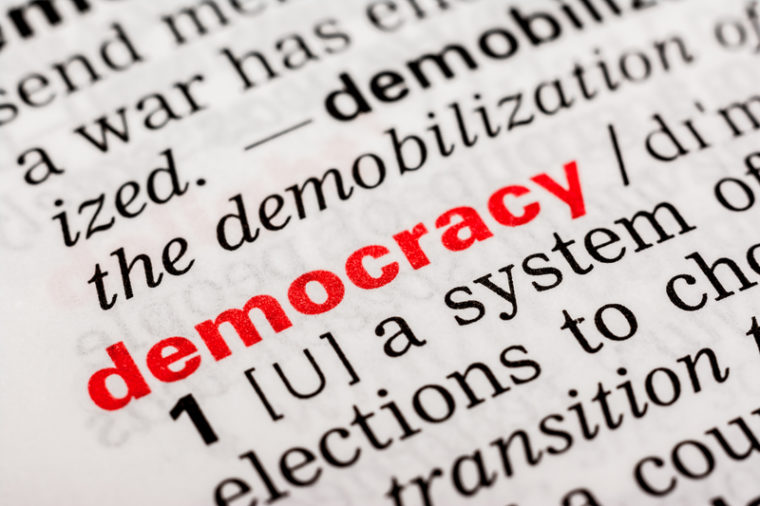
World War II Did Not End in 1945
Anthony Stahelski
Of course WWII ended in 1945, in terms of defeating fascist Germany and Japan. However it was an incomplete victory for democracy, since one of the Allies was the dictatorial Soviet Union. The WWII victory did not banish autocracy as a governing platform, and for the past 80 years dictatorships have continued to plague the planet.
Yes, plague. Dictatorships are not just another form of government. They deny freedom to their own people, they start wars, they support terrorist organizations, they take land and resources from other countries, and they frequently prevent global organizations from helping those in need. For these reasons combatting the autocratic dictatorial plague is a worthy cause.
The United States led the democratic coalition in the struggle against autocracy for the last eight decades. Our post-WWII war record speaks to this leadership. Our opponents in each of our five major wars (Korea, Vietnam, the Gulf War, Afghanistan, Iraq) have been dictatorships. In addition we intervened in Bosnia and Syria to protect people from genocidal extinction, and from 1948 to 1991 we led the Cold War coalition to prevent the Soviet Union from further expanding its empire.
In many of these conflicts and interventions we had allies, countries that recognize the value of fighting autocracy to preserve and expand democracy. And what would the world be like now if United States-led democracies had not confronted dictatorships for the last eighty years? Would the dictatorial leaders of autocracies have seen the error of their ways and become democratic? No. Would some other democratic country have stepped forward to lead the democratic coalition? Unlikely. The likely current result absent American democratic leadership would be dictatorial rule almost everywhere.
Why would this have happened? First, democracy is not the usual way societies are governed. Throughout human history societies have almost always been governed by some form of autocracy. Relatively widespread democracy is a new governance innovation, only a few hundred years old. Second, people living in autocracy are unfamiliar with democracy; they do not know how to initiate or maintain it. Third, for some living in a democracy the democratic governance process is seen as negative: slow, inefficient, messy and confusing. Sone of these citizens yearn for a strongman to emerge and solve all problems. Autocrats frequently rise to power because of the strongman desire. Forth, democracies have been slow to respond to autocratic aggression, and absent United States leadership they are likely to be even slower.
Now that the United States has stepped away from its democratic leadership role, will the NATO countries, minus the United States, step into the leadership role? There is an urgent reason why this should happen: Putin. He has made his ambitions clear: to revive the Soviet empire, which would eliminate democracy in 15 European countries. The problem with responding to Putin is this: Europe is not one country; it is a coalition of countries without leadership. Some of these countries are already failing democracies, seduced by the strongman mystique.
A solution is for one of the three most powerful western European countries to step into the leadership vacuum. The three choices are the United Kingdom, France and Germany. Although Germany has the largest economy, it has a very small military. Plus, the German population is pacifist, and other European countries still have suspicions of Germany left over from WWII. What about the United Kingdom and France?
Both the United Kingdom (UK) and France are major economic and military powers. The UK has the sixth-largest economy in the world, while France has the seventh-largest. Militarily, the UK and France are both considered top-tier global powers, with France ranked 7th and the UK ranked 6th in the Global Firepower Index. France has a larger military with more active personnel, while the UK’s military is known for its technological advancements and specialized capabilities.
Either one of these countries, or better yet, perhaps the two together could take over the leadership role the United States has abandoned. The two countries were allies in WWI and WWII, and they are the only European nuclear powers. Their joint democratic leadership is perhaps the only hope for continued democratic resistance to encroaching autocracy.
















